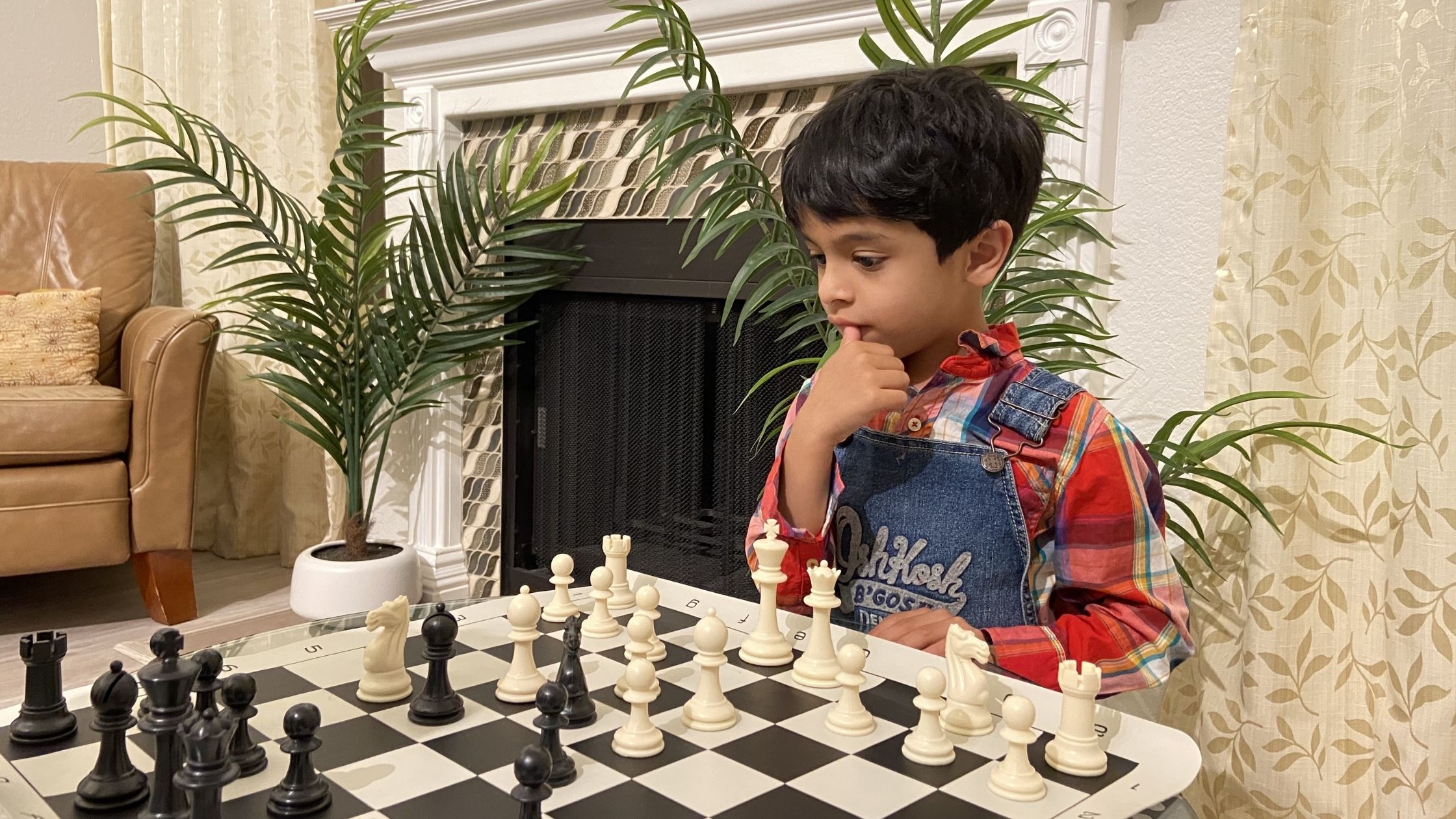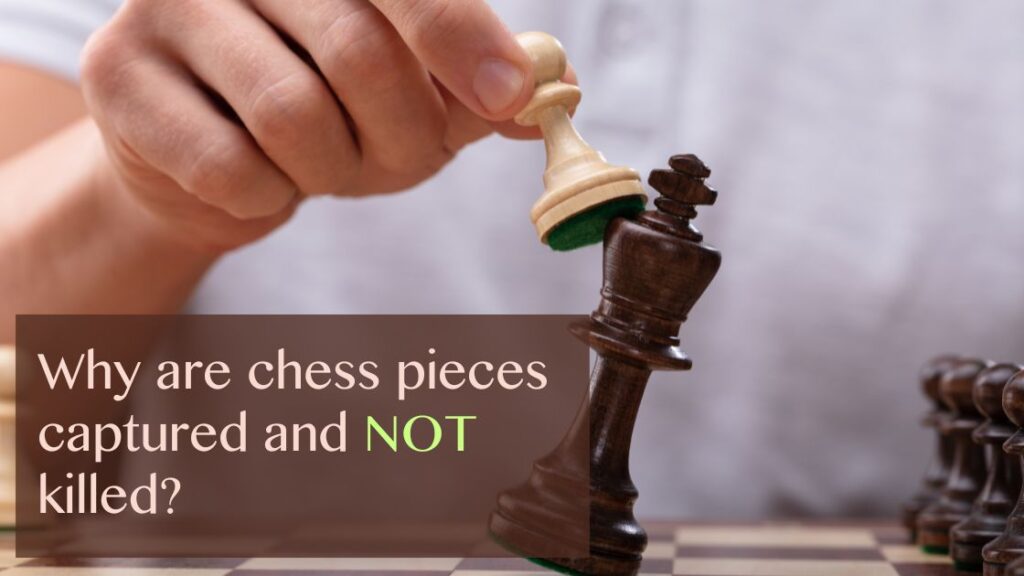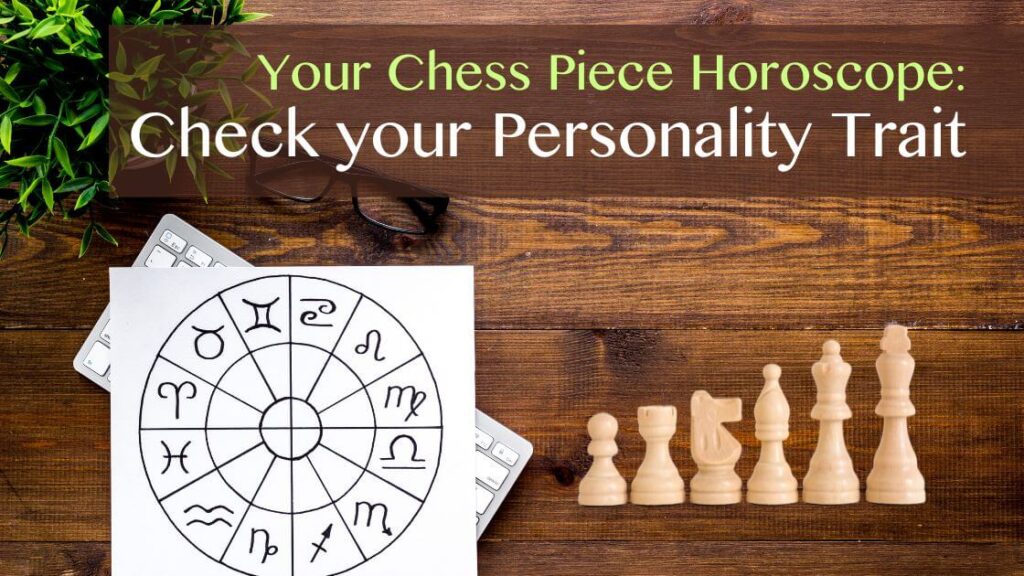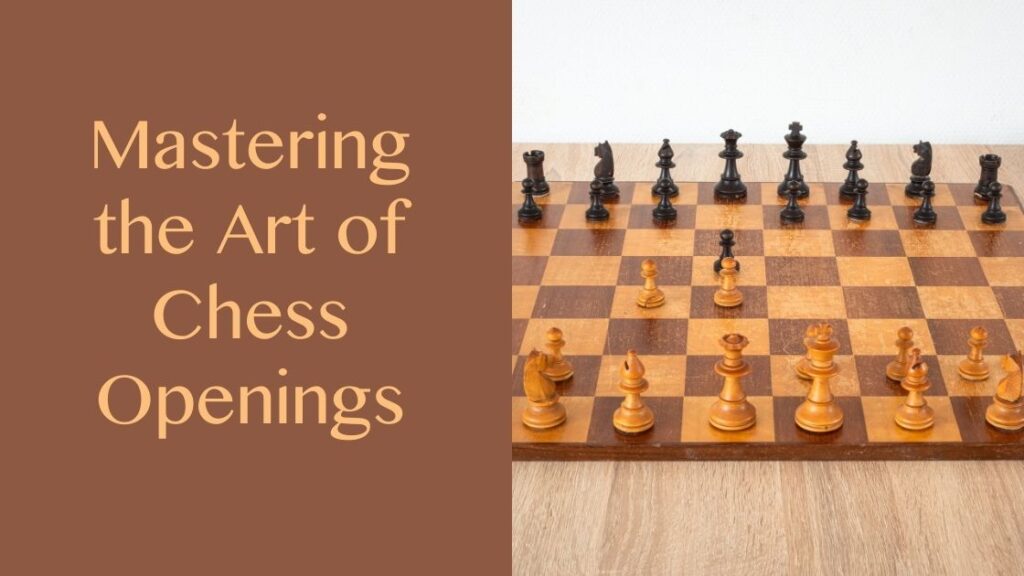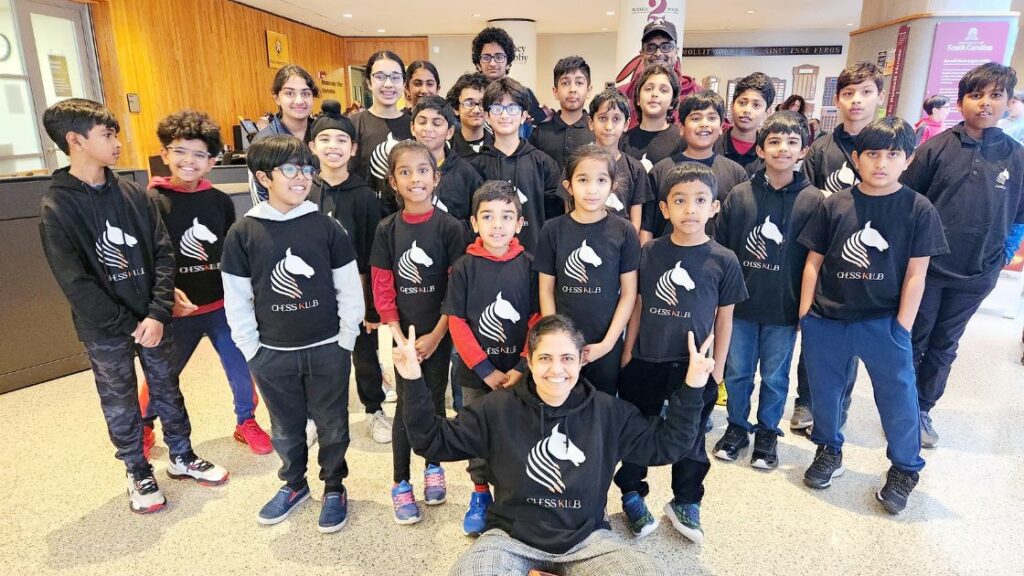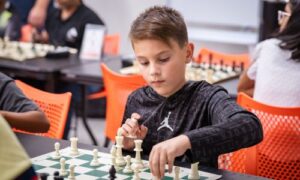As a chess player, nothing comes closest to the feeling of playing in a chess championship. Yet, despite playing chess every day, practicing every move, and analysing all the games, you know that nervous jitters are just one wrong, half-hearted move away.
So how do you prepare ahead of a chess championship?
We give you seven steps that might come in handy.
7 Best Ways to Prepare for a Chess Championship
1. Start Early
Chess tournaments have always been the mainstay of chess masters before a big game. They are like warm-ups to prepare for the more formidable challenges ahead. Plus, they keep you in top form when it comes to playing for ratings. So, start and register early to get into the growth mindset.
When your registration is sorted, you know that you are participating, and there is no looking back. It always works to set your goals and align your priorities!
2. Make Time to Practice Every Day
Don’t take any championship, no matter the scale, the size of the platform, or the size of the prize. You need to realize that without practicing, all your skills may come to naught. Make sure that you have some time to spare every day working on your chess skills.
So, clear your schedule and build up your practice sessions. You can either select a playing partner or, better, play with other chess players from your chess academy!
3. Fix a Routine and Stick to It
The one expert tip for chess players is to prepare a countdown for the d-day.
Then work on a routine.
Every day, your practice should make you better than yesterday. So if you are practicing on openings for the first few days, work on the middle game and endgames in the days that follow. Start analysing your games closer to the day of the championship. Furthermore, don’t forget to analyse and practice some games of good players and champions on chess engines.
4. Focus on Your Diet and Nutrition
Believe it or not, your diet and nutrition have a pivotal role to play in your overall chess performance. But just like your chess skills, you can’t improve on your nutrition intake overnight. Start eating healthy, including a lot of greens and Omega 3 fatty acids to give your brain the boosters it needs for all the hard work you put it through.
5. Prepare a Workout Plan
Not just your brain, but your body needs to improve its fitness as well. When you start playing chess, your sedentary time increases by a couple of hours every day. It would help if you compensated for all that sitting and lack of mobility.
Staying active keeps you agile and alert. A well-chalked-out exercise plan added to your daily routine can take care of all your sitting hours.
6. Involve Your Friends and Family
Inform your family and friends about your decision to participate in a chess championship. If you follow the growth trajectory of great players, including the recent youngest Grandmaster- Abhimanyu Mishra, you will see that great chess players may not be born but made here, one well-played championship at a time.
So making sure that you put in your best effort when it matters would depend a lot on the hours of practice you have put in and these in-house cheerleaders and motivators!
7. Get the Help of the Best Coaches
No tournament, big or small, should be taken lightly.
It would be best if you prepared for every chess championship like it is the most important championship of your chess career. If you are serious about creating a name for yourself in the chess community, you need to learn, unlearn, and relearn from the best chess coaches on the field.
A thriving community like the Chess KLUB can help you create opportunities to learn from the coaches, play with some of the best players who could be your peers and competitors in the professional chess arena.
To be successful in a chess championship, you need to plan your chess games and stay in preparation mode. You can even think of participating in daily, weekly, and monthly challenges organized by CHESS KLUB.
Conducted with a thoroughly professional approach, these chess tournaments are moderated by expert players and coaches. They help you create a solid foundation to build your career as a professional chess player.

